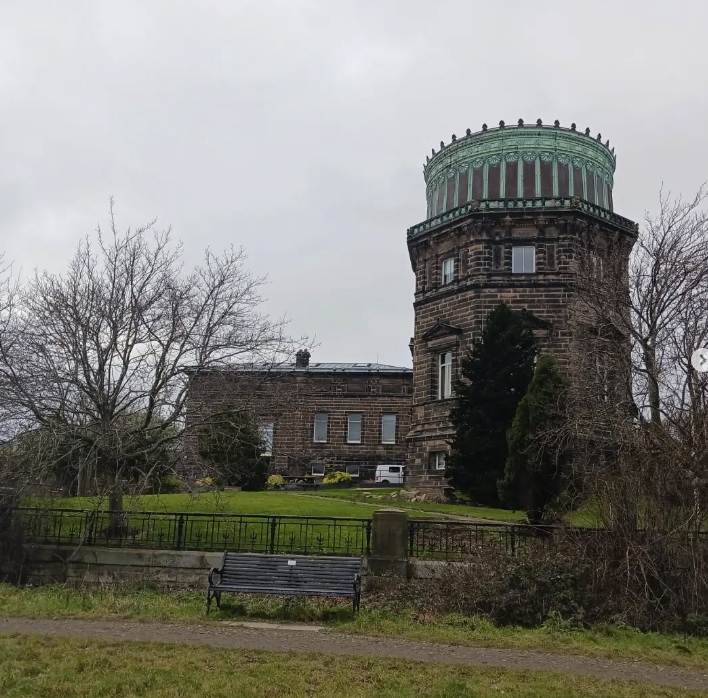University
I began my academic journey as a pianist, drawn to the precision and creativity of classical music. Over time, my curiosity about the natural world led me to pursue a degree in Physics—not only to gain a career, but to explore the deep history and principles of science.
I chose the University of Edinburgh for its legacy of discovery, from James Clerk Maxwell to Peter Higgs. Throughout my studies, I developed a range of practical skills—data analysis, scientific coding, critical planning, and technical writing—while producing lab reports in LaTeX (Overleaf) and collaborating on research projects.
My lab sessions started with basic hand written reports. As the years went on I developed a plethora of industry skills including developing code to read large raw data sets, effective critical planning for the data I would collect, utilising LaTeX sites such as overleaf for effective report writing and collaborating with peers to present a lengthy report to a scientific audience.
"Understand. Don't memorize. Learn principles, not formulas."
Richard Feynman
My theoretical training included vector calculus, electromagnetism, and quantum mechanics, building fluency in Dirac notation. In my final year, I explored condensed matter physics and electronic structure theory, writing Python and Bash scripts for supercomputing tasks on Cirrus using Quantum Espresso to model plane wave basis sets and pseudopotentials. Link below for my EST project if you would like to know more. Here I investigate the critical temperature superconductivity from symmetric pressure phases of Hydrogen Sulfide.
Click here for EST project.
Coding
Python was the backbone of the degree. From writing code to read and manipulate data gathered in the lab to designing python controlled electronic circuits consisting of devices such as thermistors, transistors and LEDS. My knowledge extended further as I became fluent in the object oriented format, designing pipelines whilst accessing the worlds most recent astro-data.
Beyond academic projects, I have experience in C# (personal game development), HTML, CSS, SQL, and machine learning with Python—covering statistical methods, supervised and unsupervised algorithms, and ensemble techniques.
Dissertation
My dissertation combined two advanced modules. The first was a collaborative project in which my team produced a 45-page report on the history of synthetic elements and an investigation into accelerator technology. This required research coordination, scientific writing, and effective peer review techniques.
Click here for Group Project.
The second was my independent research project, where I utilised the University’s Cuillin supercomputing facility and the Enzo simulation code to investigate metal enrichment mechanisms in dark matter halos. I developed Python scripts alongside SLURM batch processing to run and manage simulations efficiently, gaining hands-on experience with high-performance computing (HPC) in a research setting.


